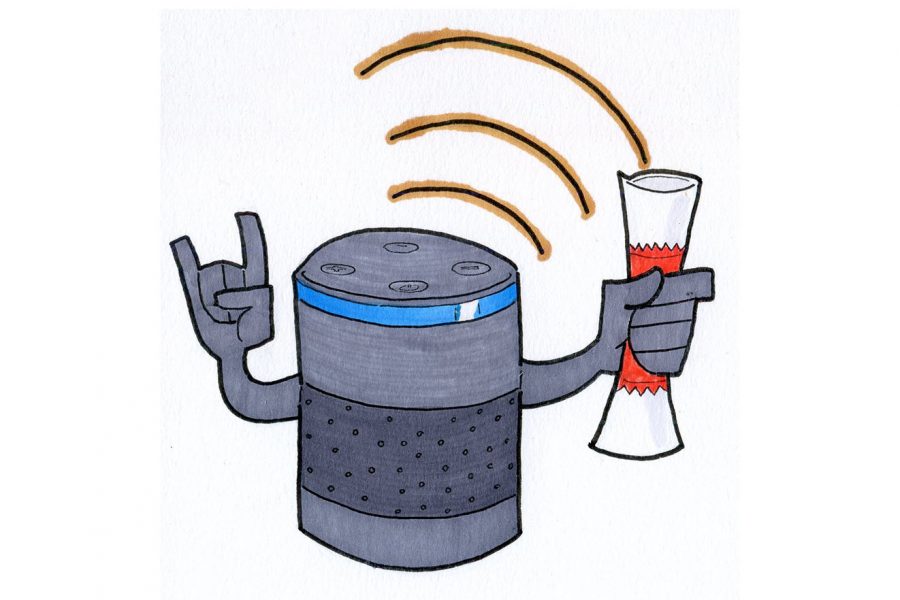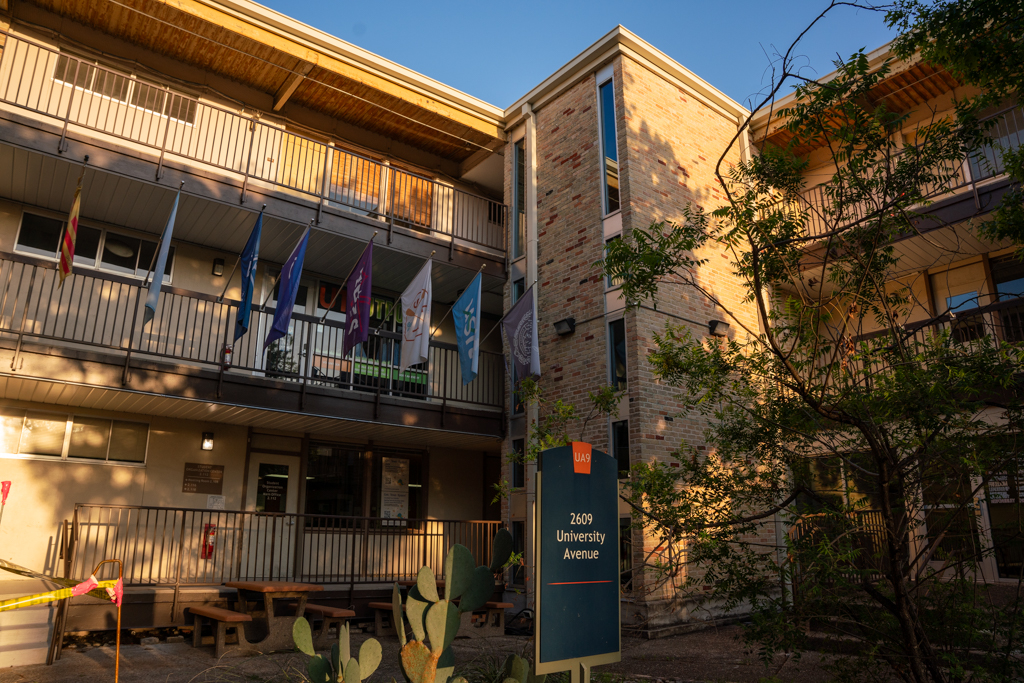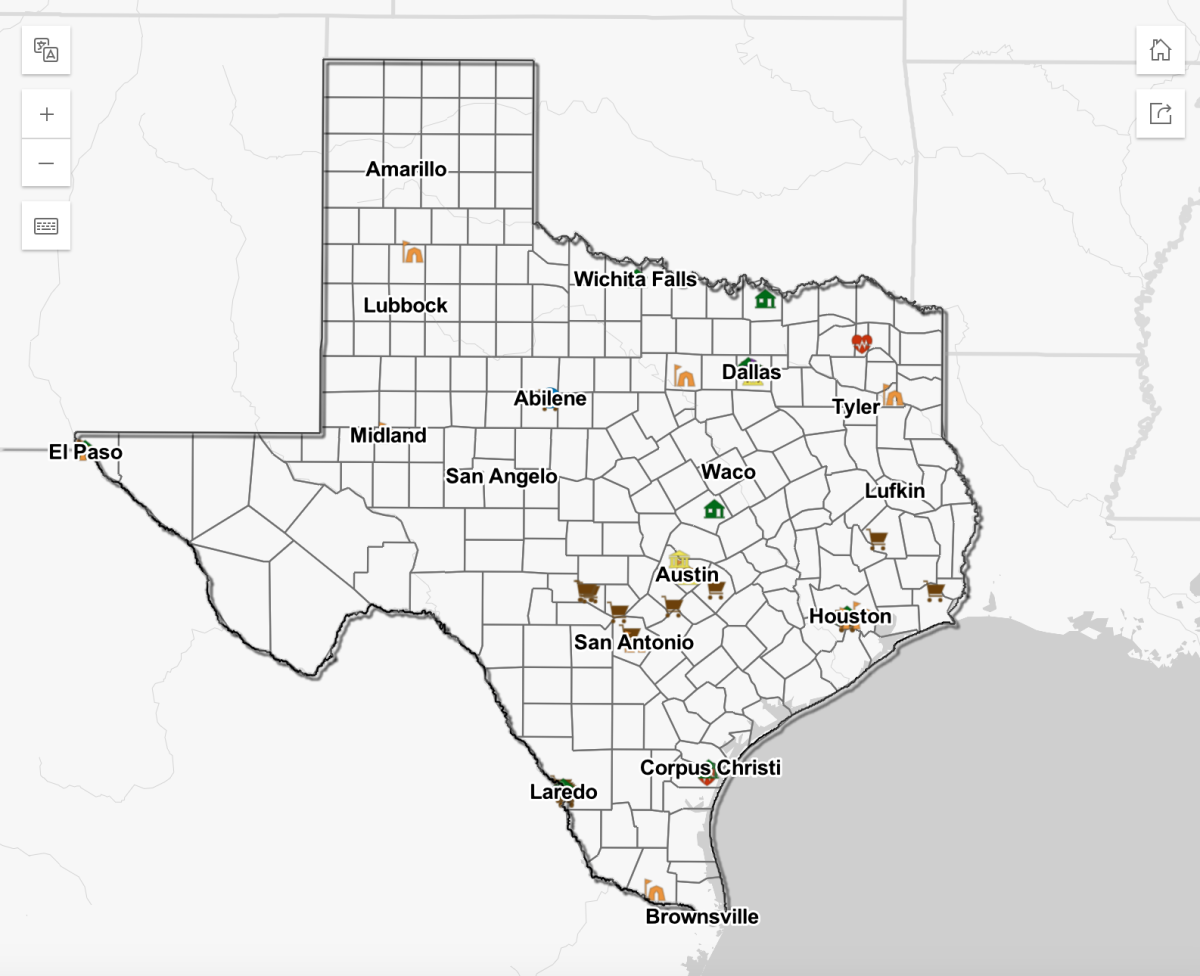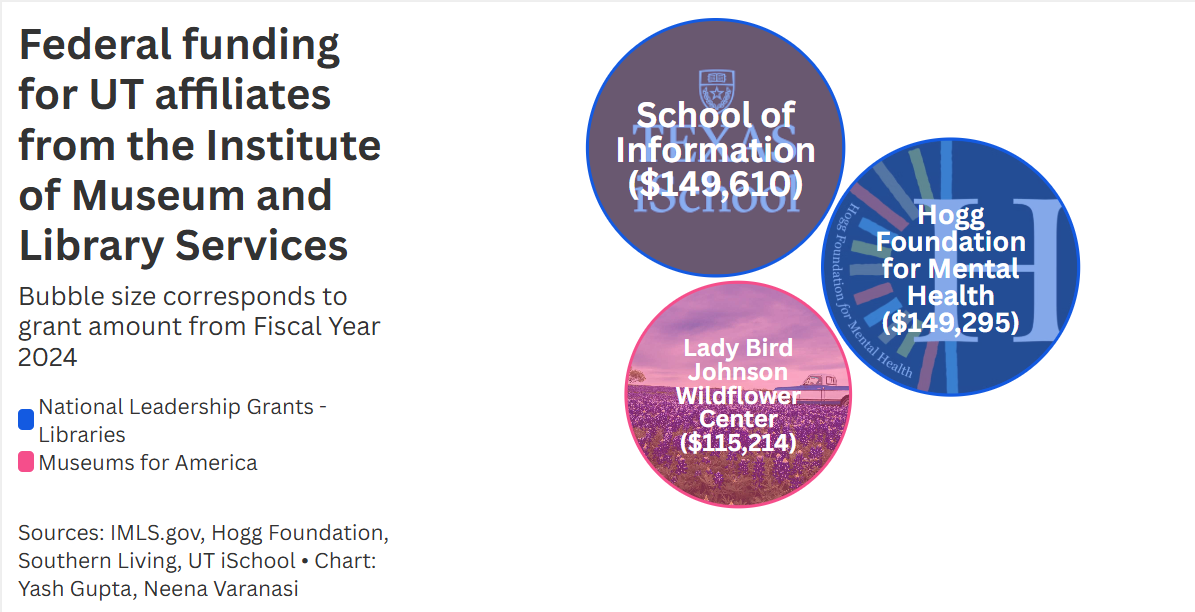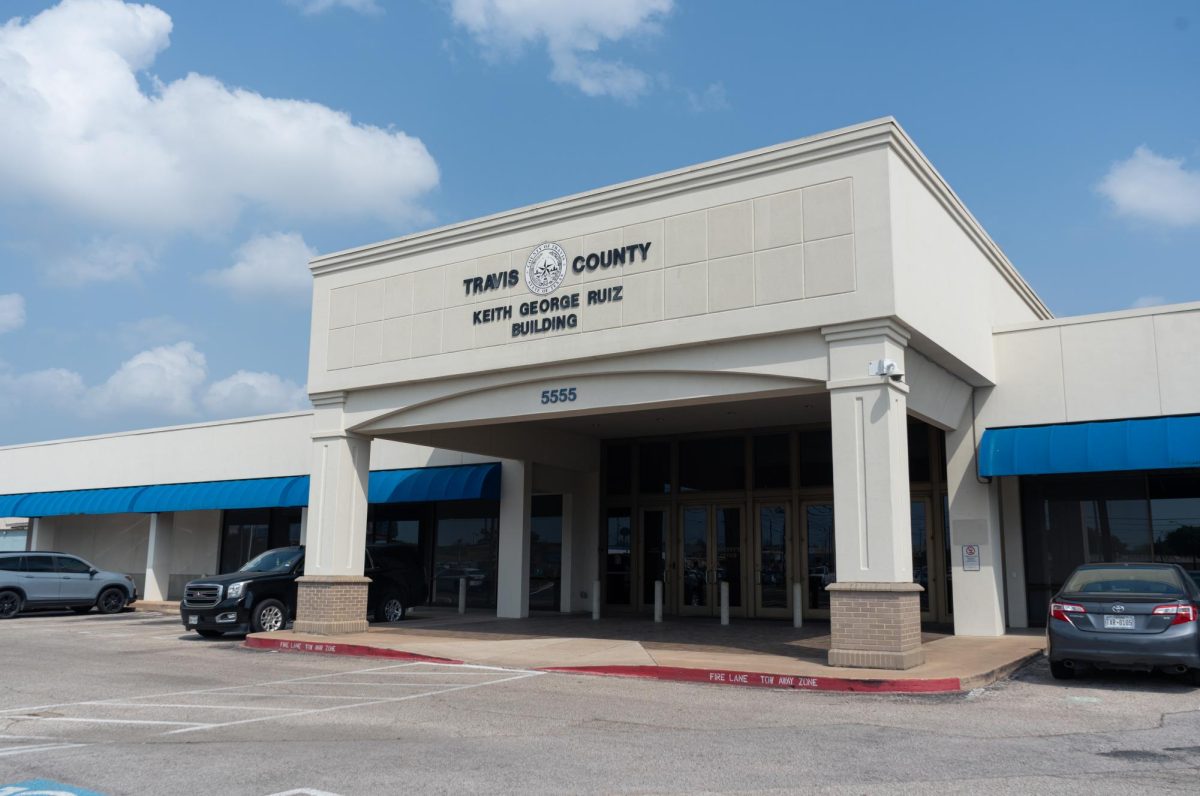As Amazon considers Austin for the location of their new headquarters, the company has also selected UT as one of 18 schools worldwide to participate in the Amazon Alexa Fellowship.
UT received the fellowship last month, which includes research funding for one graduate student and Amazon Echo devices for an undergraduate course, allowing computer science students to get hands-on experience improving Alexa technology.
Graduate student Wei-Jen Ko is the recipient of the fellowship and receives coverage for tuition in addition to a stipend and mentorship with an Amazon scientist. He will work with assistant linguistics professor Jessy Li to research ways to improve the Alexa voice recognition skills. The focus of their research is to help Alexa give more specific, useful information as opposed to generic responses, Li said.
“Responses such as ‘I don’t know what you’re talking about,’ are technically correct but they don’t give you any information,” Li said.
Greg Durrett, an assistant computer science professor, said he will be teaching the course this spring that incorporates the Amazon Echo devices into course material.
“It’s going to be a broad course on natural language processing and this will be one small part of the course,” Durrett said. “The primary goal is to give people the tools they need to build and understand modern (natural language processing) systems.”
Students will learn how to build specific Alexa skills, which are programmed functions that work with the speech-recognition technology, Durrett said.
“(An Alexa skill) is a little application that goes on the Echo that you programmed up yourself and uses the Echo’s speech recognition,” Durrett said. “It plugs into the device and you can have it do cool stuff like go through a custom interaction with you.”
Computer science sophomore Sriram Hariharan said he would be interested in taking this course to incorporate his programming skills with the Alexa technology.
“Learning how Amazon Alexa works and learning how its voice recognition works would be really cool,” Hariharan said. “It seems like it is really intuitive to learn.”
With the rising popularity of voice recognition systems, Durrett said UT students interested in software engineering are at an advantage because they can get hands-on experience with Alexa.
“There’s so many systems out there that we can interact with,” Durrett said. “Being able to understand these on a deeper level is a way of better understanding the world we live in.”

